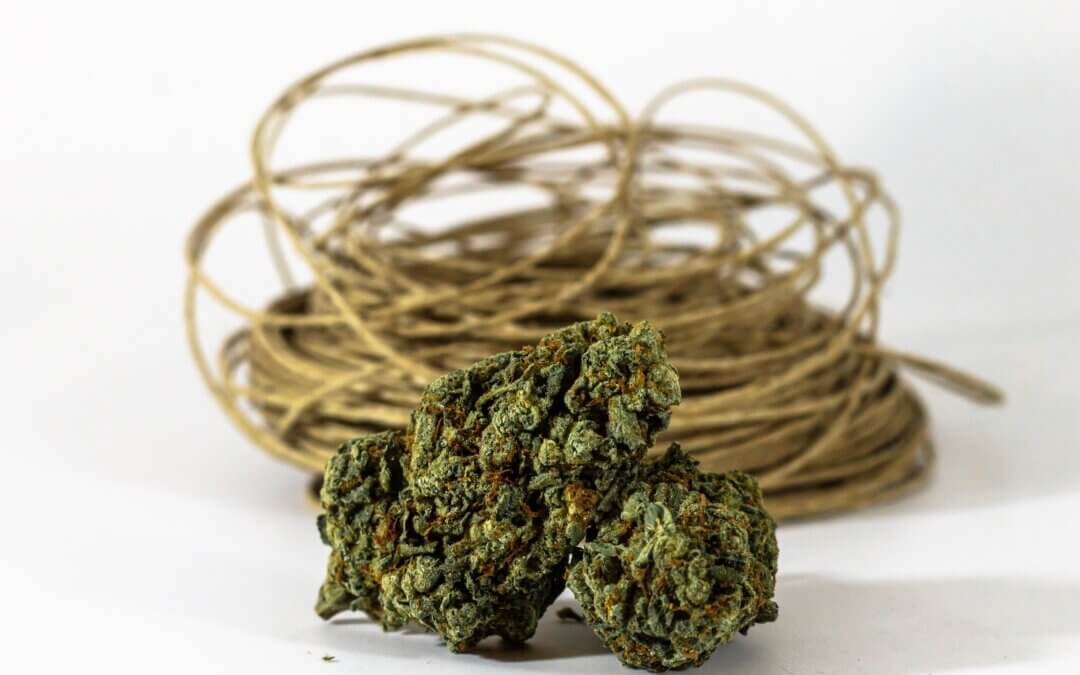Cannabis, Marijuana, Mary-Jane, Pot
Cannabis, a plant that has long been stigmatized, is experiencing a resurgence in recent years as its many potential uses beyond consumption come to light. From industrial applications to medicinal use, cannabis is proving to be a versatile and valuable industry and resource. There are many nicknames for cannabis, including weed, pot, marijuana, and many others. These nicknames emerged as a way for people to talk about cannabis without using its proper name, which was often associated with negative perceptions and stigma. As attitudes towards cannabis use continue to shift, these nicknames are becoming less necessary.
Marijuana History
Cannabis has been used by humans for thousands of years for various purposes, including medicinal, religious, and recreational use. The earliest use of cannabis dates back to ancient China, where it was used for medicinal purposes. The plant spread to other parts of the world, India, and the Middle East, where it was used for religious ceremonies and recreational purposes. In the 19th century, cannabis was introduced to the West and was widely used in many ways. However, as we all know in the early 20th century cannabis was criminalized in many parts of the world due to fears of its psychoactive properties. Today, that tide is turning and there is a growing global movement to legalize cannabis for both medical and recreational uses in many countries and states around the world.
Legalize the Herb
Several countries around the world have legalized cannabis in some form. Recreational cannabis use is fully legal in countries like Canada, and Uruguay, while in countries like Mexico and Portugal, possession and consumption in small amounts have been decriminalized. In the United States, the legal landscape around cannabis varies widely by state. To date, about 36 states and the District of Columbia have legalized medical cannabis, while 16 states including the District of Columbia have legalized recreational use as well. However, under federal law, cannabis is still classified as a Schedule 1 drug. In NY, cannabis legalization took a major step forward and has been recreationally legalized for adults 21 and older. The new law, which isn’t fully in effect just yet, allows for small amounts of cannabis possession and plant cultivation for personal use. NY established a regulatory framework for the cultivation, distribution, and sale of cannabis products with the goal of creating a new industry and generating tax revenue for the state.
Job Creation and Tax Revenue
The legalization of cannabis has led to the growth of new and expanding industries creating jobs and generating billions of dollars in revenue. States that have legalized cannabis for both medical and recreational use have seen positive impacts on their economies, with increases in tax revenue and job creation. For example, Colorado, which in 2014 legalized recreational cannabis has generated over $2 billion in sales by 2020. According to a report by Grand View Research, the global cannabis market size will be estimate value at $73.6 billion by 2027.
Facts About Cannabis
The cannabis plant contains over 100 different compounds known as cannabinoids. Two of the most well-known cannabinoids are THC and CBD. THC is responsible for the psychoactive effects of cannabis, while CBD has been found to have therapeutic uses. The plant has a variety of industrial applications, hemp fibers can be used to make paper, clothing, and building materials. While hemp seeds can be used in food and cosmetic products.
Cannabis Marketing
What a unique challenge cannabis marketing! Because of such a regulatory landscape around the cannabis industry, there are strict restrictions and regulations around the advertising and promotion of cannabis. Hence why companies need to be creative with their marketing strategies to stay within legal boundaries. Many states and companies are not allowed to use certain advertising channels, such as billboards, tv commercials, and even some social media platforms. Plus, companies cannot make certain claims about their products, such as health claims in their advertising. This had led to innovative and often unconventional marketing techniques used to market cannabis. Such as experiential marketing events and influencers. As the industry continues to evolve, it’s very likely that new and innovative marketing strategies will emerge in the cannabis space.
From Stigma to Social Acceptance
Cannabis has long been associated with certain social groups. Hence contributing to its stigmatization and criminalization. However, we have seen that as the legal landscape has changed, cannabis is becoming more diverse and socially accepted. The emerging legal cannabis industry is creating a new opportunity to break down barriers and normalize cannabis use and create a more inclusive and accepting society. The diversity in the cannabis industry is reflected in the growing diversity of cannabis users, including people of all ages, races, and socioeconomic backgrounds. This shift is helping to break down the stereotypes and stigmas associated with cannabis and contributes to a more inclusive society.
Celebration of 4/20
The celebration of 4/20 by the cannabis industry has become a cultural phenomenon that has grown alongside the legalization and acceptance of cannabis use. The origins are unclear but its significance as a day of celebration and advocacy has grown over time. As cannabis advocate and entrepreneur, Steve DeAngelo once said ” Cannabis is not just a plant, its a way of life”. With the celebration of 4/20 we can see how cannabis has become a lot more than just a plant.
Ayerim
Destination Marketing Specialist | Tourism & Lifestyle Blogger
This article is about sharing my passion for all things digital marketing.
Like what you read? Learn more about me and more of my passions on my blog Ayri Vibes.


Recent Comments